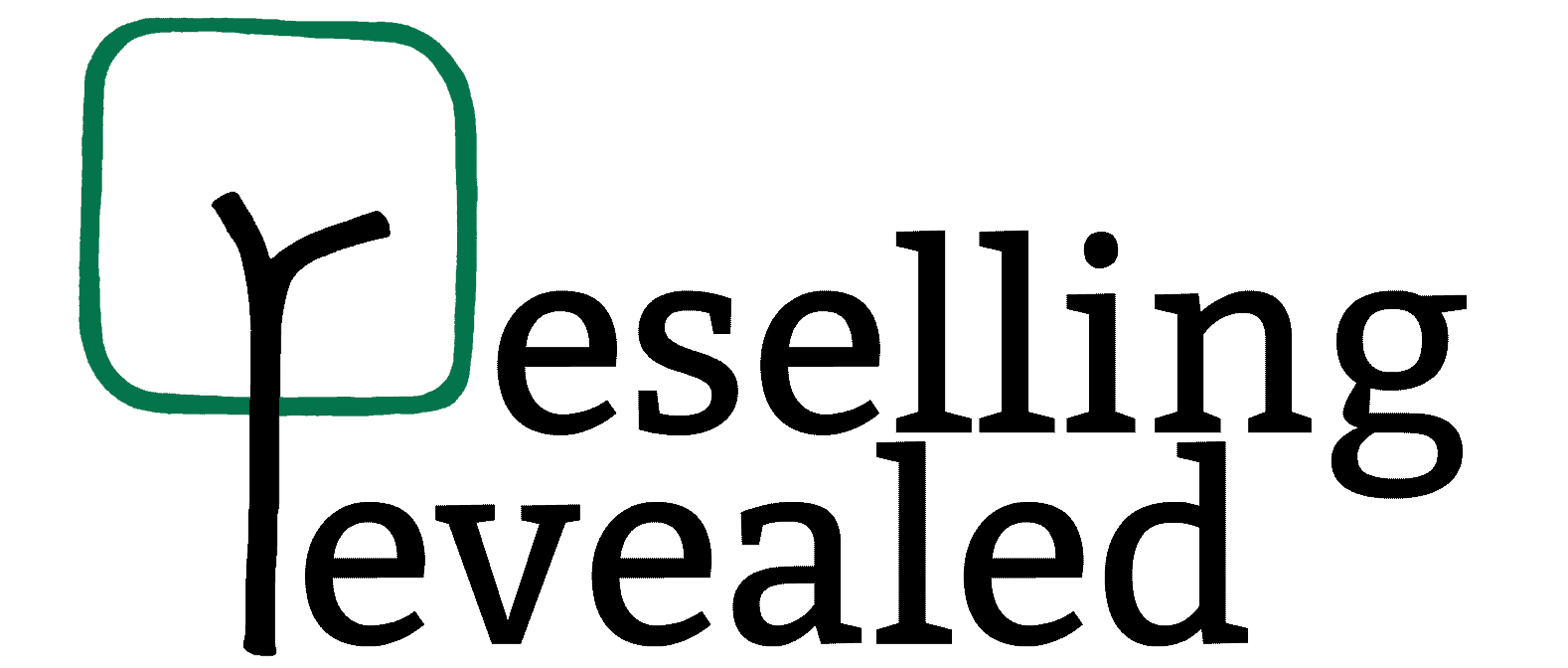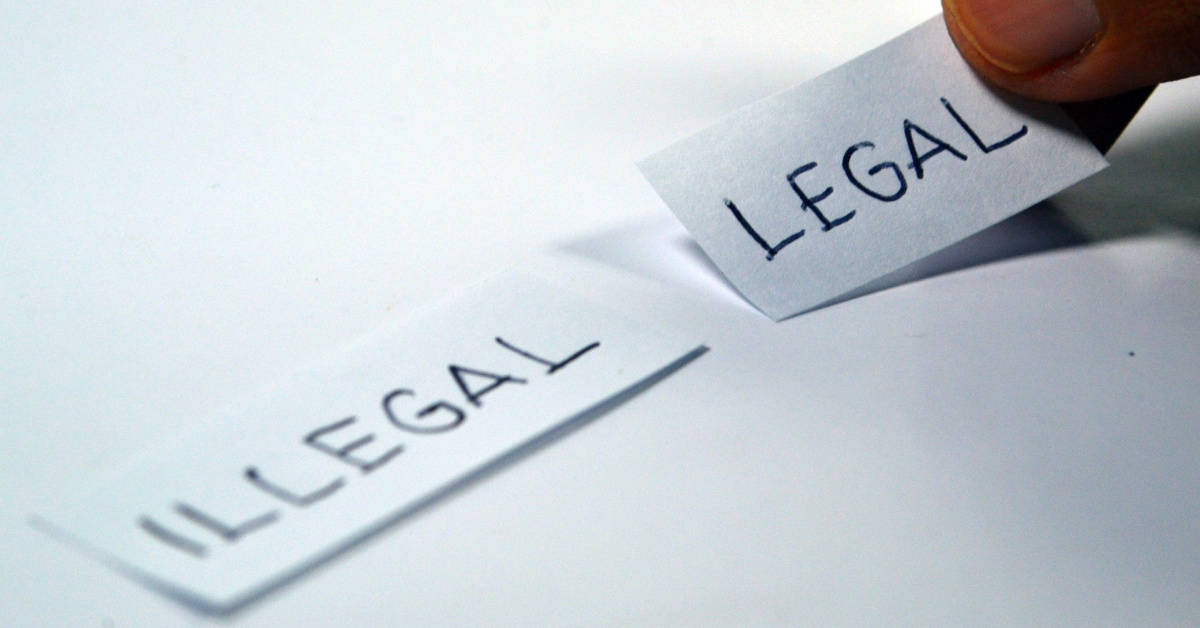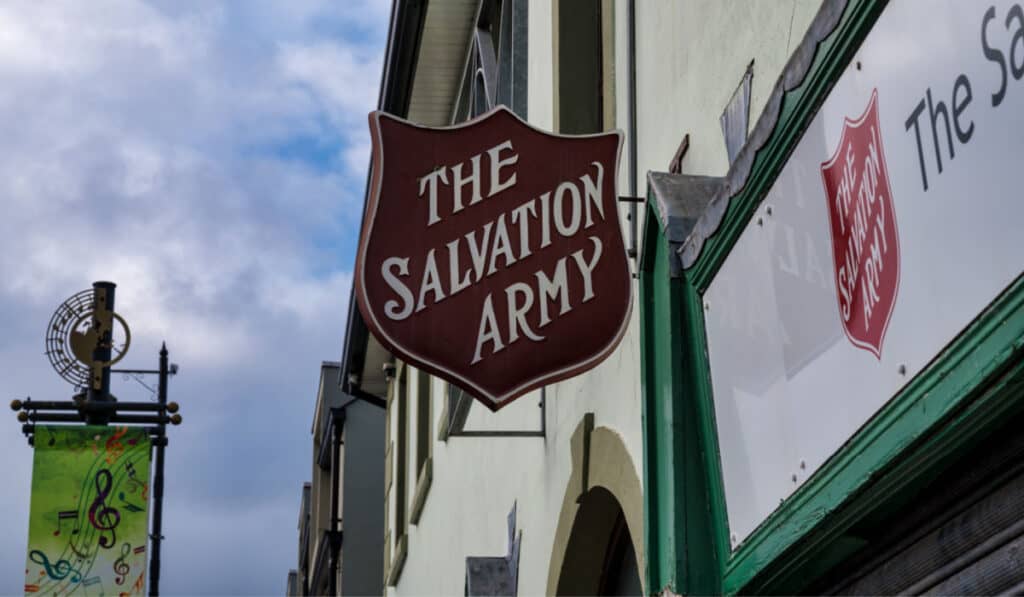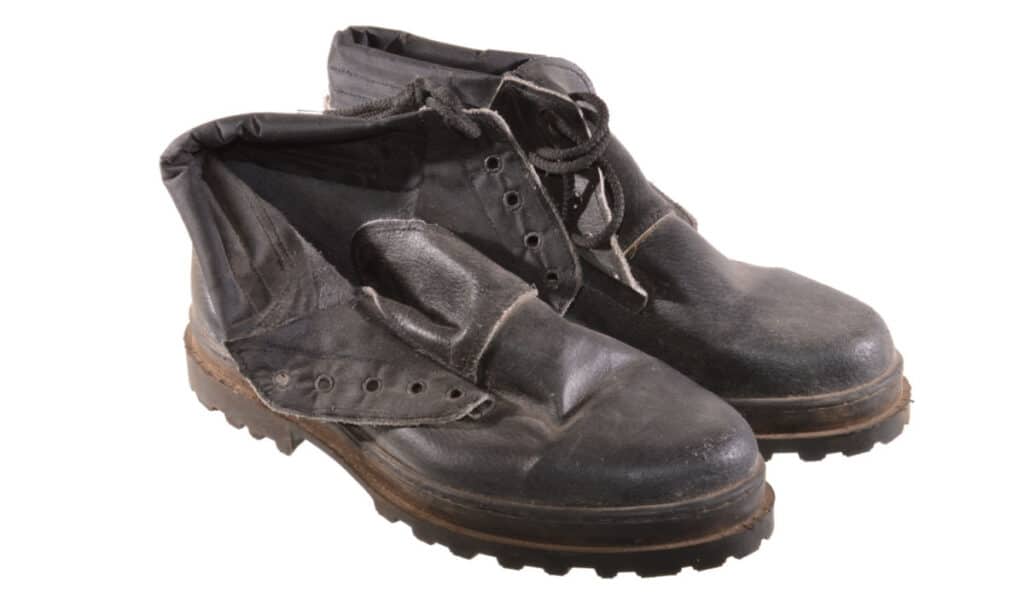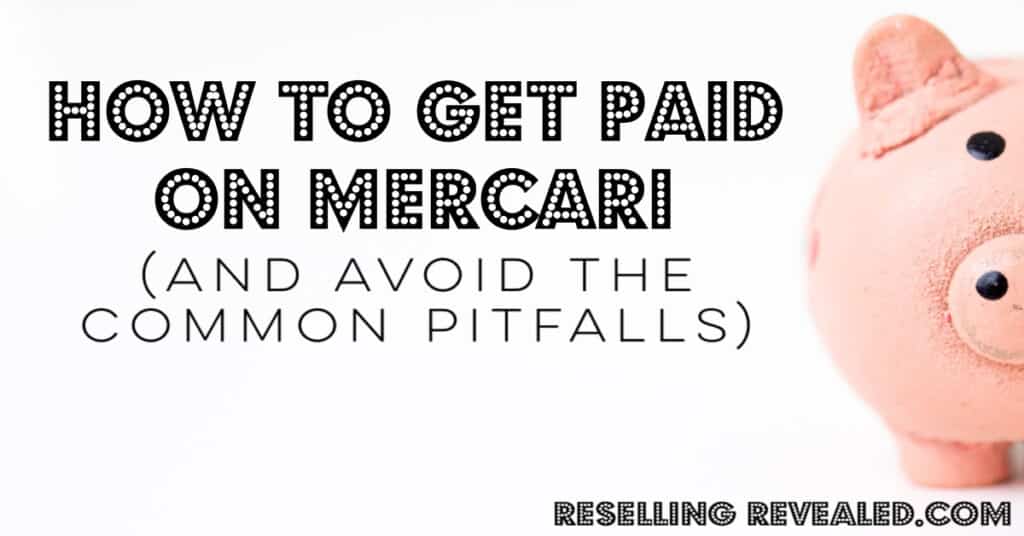As an Amazon Associate I earn from qualifying purchases.
When I tell people that I’m a full-time reseller I typically get one of three responses:
- “Oh…how nice…” (what they really mean is, “When are you going to get a real job?)
- “Aren’t you stealing from poor people?”
- “Isn’t reselling for a higher price illegal?”
The first two I’ve gotten used to and I typically have my canned responses ready. The last one, however, took me by surprise when I heard it as it’s something I’ve never really considered.
My first response was, no, of course reselling isn’t illegal! However, there are some exceptions to that statement, and a few ways you can get in trouble by doing it.
In general, reselling is legal. The Supreme Court has ruled in several cases that if you purchase something you are the owner and can sell/resell it as you see fit. In fact, reselling is the entire basis of markets and commerce systems throughout the world. Nearly every physical business is based on purchasing an item and reselling it for a higher price.
In general, the only exception to the rule is someone who takes an item from conception all the way through production to sale. For example, a farmer. If he grows he uses his own seeds and then sells the product to a consumer, he is not a reseller. But is he buying his seed every year? Well, then he’s a reseller too. He’s just adding time-value.
In the American market, an item can be resold a dozen times (typically with value-added at each step) by the time it reaches its end-use.
Here’s a longer example:
A mining company digs up and sorts ore, they then add up their expenses, add some extra cushion for profit, and sell the ore to a smelting company. The smelting company melts down and refines the ore before turning into ingots and selling it to a steel mill at a markup. The steel mill rolls out the steel and then sells it to a metal pressing company for a markup.
The chain goes on and on through a metal pressing company that turns the metal into a car fender, an auto part wholesaler, a local distributor, an auto repair shop, and finally a customer.
Every person along the line resold the item. How could it be illegal if the retail customer had decided to buy it for resale as well?
As someone who sells thrift stores and retail items online, I often feel like just another step on the food chain. In fact, at times I haven’t even been the end of the chain. There have been a couple of times that I have not recognized an item as being super valuable and underpriced it. The buyer then turned around and resold it on eBay for a profit.
Now, there are minor issues that resellers experience (warranties not transferring, etc.) but there are a number of ways that you can get into more significant trouble.
While reselling itself isn’t illegal you do have to go about things a certain way if you want to protect yourself! Now, if you’re thrift store flipping, you’re probably not going to get in trouble. Reselling is the basis of business for platforms such as eBay, Poshmark, Mercari, etc., and is a well-established practice.
So where do the problems come in?
5 Ways You Can Get In Trouble As A Reseller
While most of use fly under the radar and will avoid ever having any altercations or problems with our reselling, there are a few instances in which reselling items for a higher price can get you into trouble.
1. You Can Be Charged With Price Gouging
Many people accuse resellers of price gouging and taking advantage of people.
Fortunately, resellers are very rarely guilty of price gouging (or similar crimes of scalping or running a monopoly) as they have actual legal definitions.
Price gouging is defined as cornering the market and charging a price that is not justified by the intrinsic value of the item plus a reasonable profit margin. For example, people who tried to make a killing on masks or hand sanitizer recently.
If you are buying items in small quantities, you won’t have to worry about the legal trouble related to price gouging.
You might still have to deal with ornery customers or your neighbor telling you that you’re a gouger though.
2. You Can Be Sued For Copyright Infringement
Despite First Sale Doctrine, many companies still throw little fits if you try to resell their items.
One of the easiest places to see this is on eBay where the “VeRO List” (Verified Rights Owner) stipulates a number of brands that you cannot sell on their platform. If you do list one of those items, the brand can report your listing and get it removed.
Even brands that aren’t on the list have been known to send people reselling their items a cease and desist message with threats of legal action.
First Sale Doctrine states, in short, that:
…an individual who knowingly purhcases a copy of a copyrighted work from the copyright holder receives the right to sell, display, or otherwise dispose of that particular copy, notwithstading the interests of the copyright owner
While eBay reserves the right to restrict what you can resell on their platform (as does Amazon), businesses cannot actually prevent you from reselling items you legitimately bought.
When I’ve received messages from companies telling me to remove my listings I have just ignored them or told them to pound sand.
To start a business that is going to be based on selling a certain item, however, you typically have to become an authorized dealer.
3. You Can Be Kicked Out or Banned From Stores
For most store owners, a sale is a sale. I know that, as the owner of a store, I couldn’t care less what my customers do with the product they buy from me.
However, some store owners seem to be butthurt about resellers who purchase their products to make money from them.
Several thrift stores and clearance stores that I’ve been to have posted signs saying things like “No Scanning Items” and “Resellers Not Allowed.”
While it’s unlikely that you’ll have problems at any big box stores, resellers should be judicious when shopping at small independent stores.
4. You Can Be Audited By The IRS
As soon as you buy an item with the intent to resell it for profit you are required to include the income when you file your taxes.
If you don’t properly track your income and expenses you risk failing an audit from the IRS.
If you sell on eBay, choose a great bank for business expenses, and make sure you keep great records!
5. You Could Be Shut Down By Your State/County/City/HOA
In addition to many states requiring reselling certificates, each individual municipality may require you to have a license to function as a reseller.
In particular, items such as alcohol, tobacco, food, firearms, and cars require special consideration as you’ll need to apply for licenses, be inspected for regulation compliance, etc.
How Likely Is It To Have Problems As A Reseller?
Despite reselling being perfectly legal, it is obviously possible to have issues.
But is it likely?
Honestly, no. We’ve been reselling thrifted/clearance items full-time for nearly 5 years and there are tens of thousands of people in the US alone.
If you’re looking to get into reselling, the best advice I can give you is to stick to the mainstream until you get comfortable finding things to flip. Stay away from things like flipping tickets for things (also known as ticket scalping which is illegal as opposed to video game console scalping which is not)
Conclusion
In parting, I will say that, unless you’re adding value to your items or someone’s life as a reseller you’re simply making our market system less efficient. In other words, you’re a parasite.
For example, buying all the PS5s at Gamestop and then reselling them for twice as much? Parasitic.
The value that you add can be in the form of improving the item, going out of your way to source the item (making it more convenient for buyers), or making bundles to are more valuable than individual items.
And the best part? The more value you add, the more profitable reselling becomes! Not to mention that the only laws that have to do with reselling being illegal are made surrounding practices that add no value.
So be a great businessman/woman and you’ll stay out of trouble!
